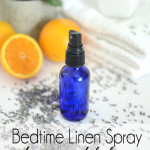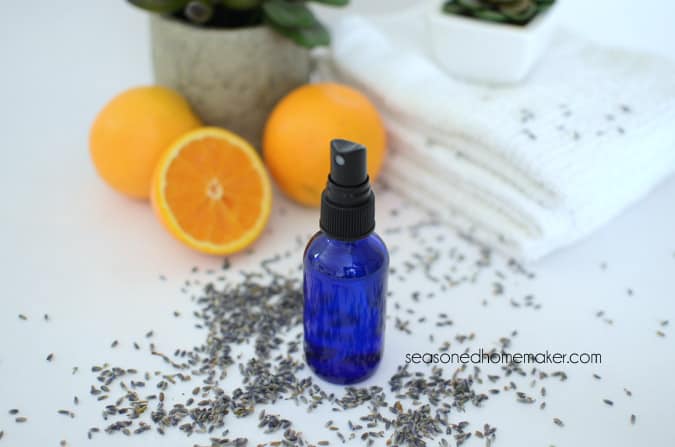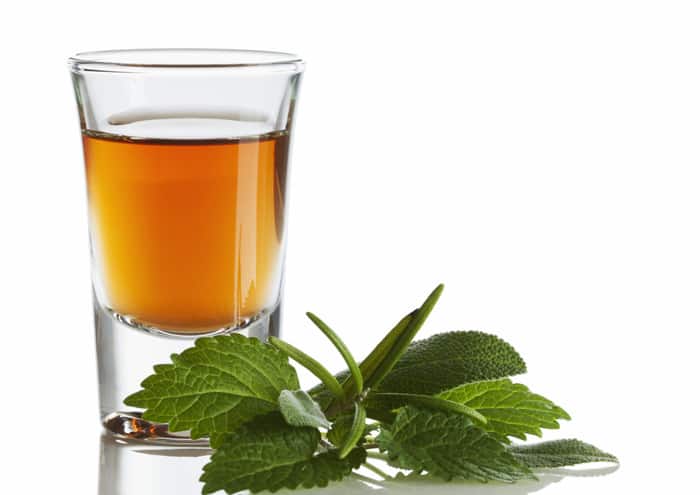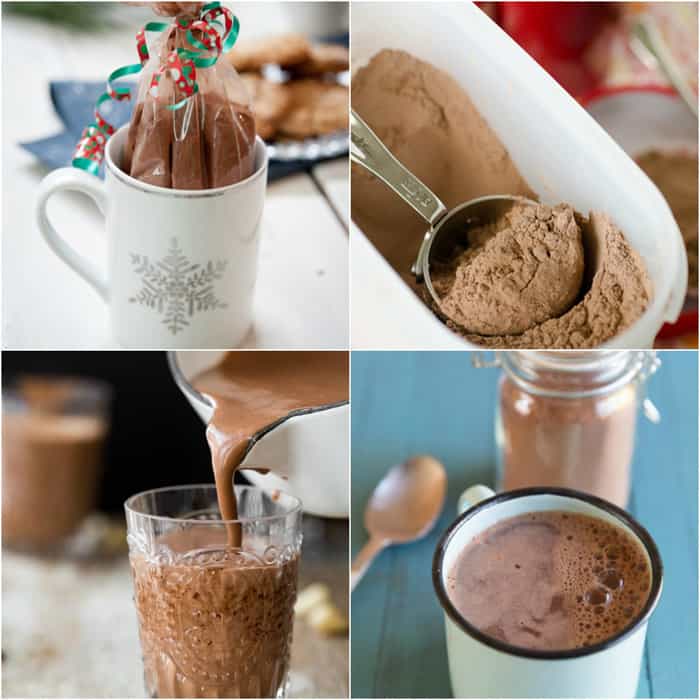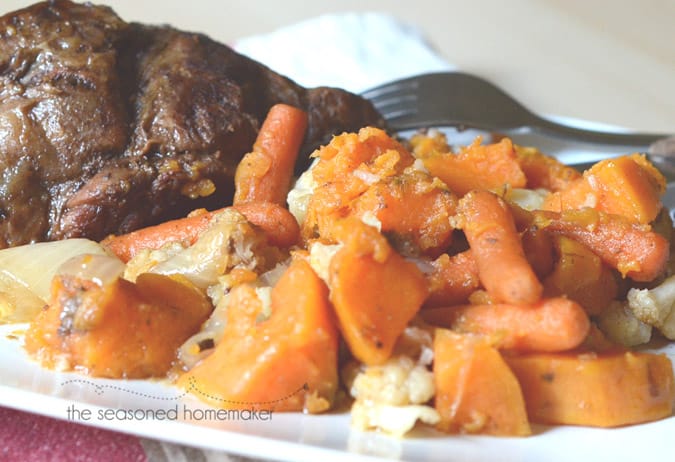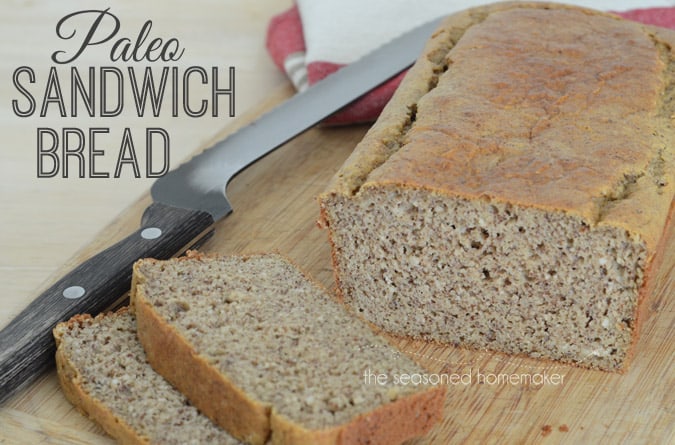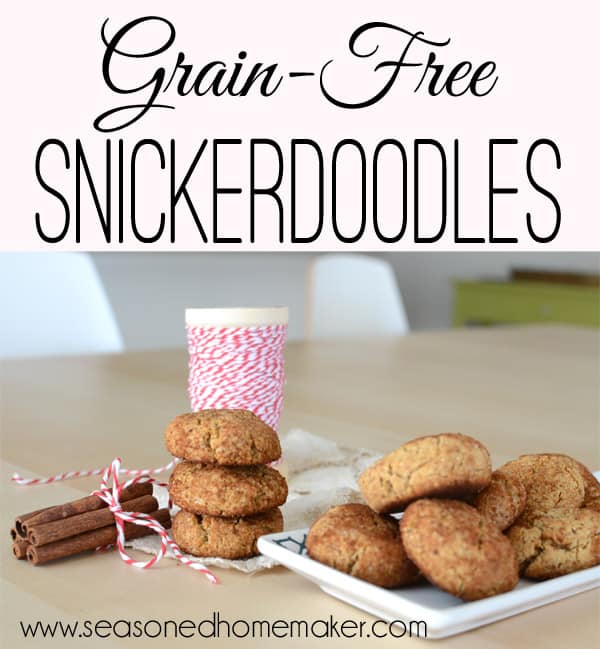How to Make a Bedtime Linen Spray
This post may contain affiliate links which won’t change your price but will share a commission.
Did you know that getting good rest can significantly improve your health? A good night’s sleep is the starting point for resisting germs and viruses, easing stress, and losing weight. And, my Bedtime Linen Spray may help you get the rest you need.
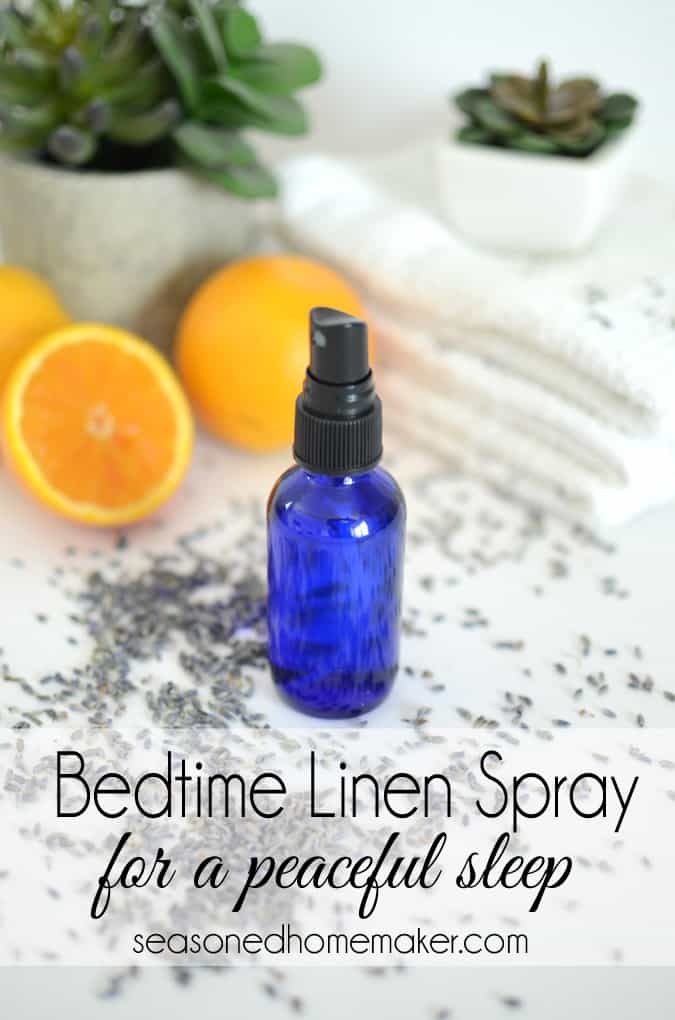
I hear from people all the time how they have difficulty sleeping. Usually, the next thing they mention is how they and their family are constantly fighting off illnesses.
I have a recommendation. It’s a Bedtime Linen Spray that you spritz on your pillow and sheets before climbing into bed. I’m not talking soaking your sheets in pillow in this spray. Rather, a couple of quick spritzes that leave a fine mist on your pillow and sheets. That’s it ~ then you are on your way to a good night’s sleep.
Here’s why my Bedtime Linen Spray is so effective.
- It contains Lavender Essential Oil (Lavandula angustifolia) which can help balance emotions. It can also reduce anxiety and support sleep.
- It contains Orange Essential Oil (Citrus sinensis) which can be very soothing and also reduce stress and anxiety.
- It contains Ylang Ylang Essential Oil (Canaga odorata) which has such a pleasant smell that it can calm the mind, reduce anxiety, and relax muscles.
All you need are three inexpensive essential oils that are also great for diffusing, some distilled water, and a dark bottle with a spray top (to prevent UV sunlight from destroying the oil’s effectiveness).
Supplies:
- 2 oz. Cobalt or Amber Glass Spray Bottle
- Orange Essential Oil* (Citrus sinensis)
- Lavender Essential Oil* (Lavandula angustifolia)
- Ylang Ylang Essential Oil (Canaga odorata)
- Itty Bitty Funnel
- 2 oz. Distilled Water
- Glass measuring cup
*Note: These two oils are considered ‘Kid Safe’ however the Ylang Ylang does not carry that label. If you want to make this for kids, just substitute the Ylang Ylang with Roman Chamomile (Chamaemelum nobile) which can relax muscles and help reduce stress.
Making the Spray:
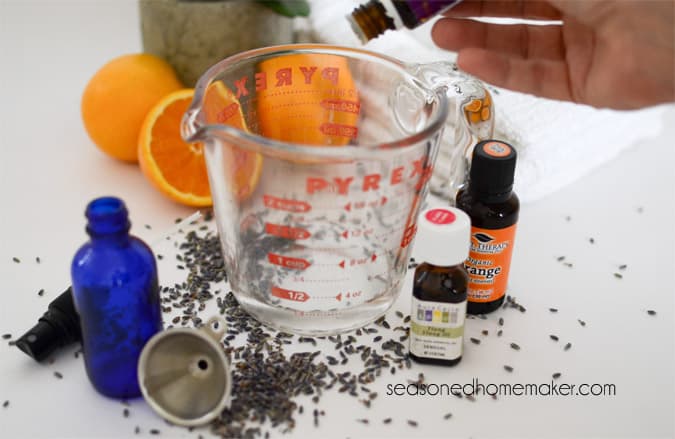
- Add 1/4 C. of distilled water to your glass measuring cup.
- Add in 5 drops of Lavender Essential Oil
- Add in 10 drops of Orange Essential Oil
- Add in 3 drops of Ylang Ylang Essential Oil ( substitute Roman Chamomile for kids)
- Put funnel on top of bottle and pour into dark glass bottle.
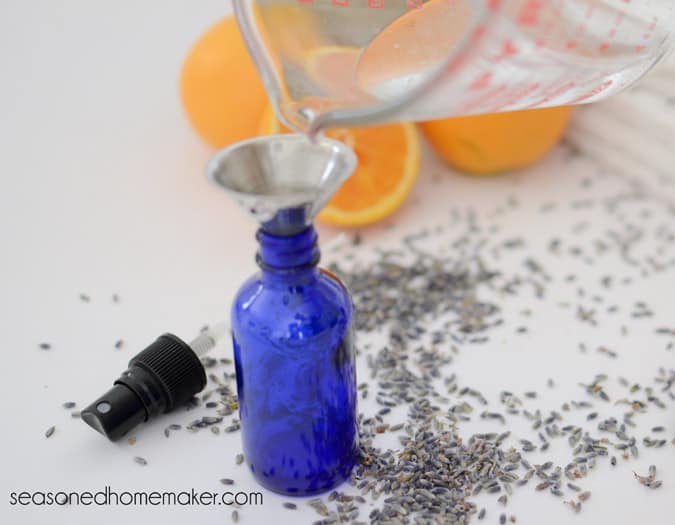
Finishing the Spray:
Put the sprayer cap back on the bottle and give it a little shake. Now it’s ready to use.
Sometimes there will be a little oily residue in the measuring cup. I add more water to this and fill up my diffuser then run the diffuser for about 30 minutes before bedtime.
I keep my bottle on my nightstand. Every night I give my pillow one spritz and the sheets one spritz. That’s all. After that, I’m out like a light and most nights I don’t wake up until the alarm goes off. That’s how soundly I rest.
I will say that I am a pretty sound sleeper, but when I travel ~ not so much. I always carry this with me when traveling and find that it helps me get better rest when I’m away from home.
Recently, one of my grandsons was spending the night and had a bad dream. He came into our room and climbed into bed with us. He was still having trouble sleeping so I told him I had this spray that made ‘bad dreams go away.’ One spritz on his pillow and he was sound asleep. The next day he asked his mom to make him some of ‘Gran’s Spray for Bad Dreams.’
One word of caution. Stick to high quality essential oils from a seller you trust. The reason this spray is so effective is because I am confident in the supplier’s ingredient quality and their distilling process. For more information on how to determine a high quality oil, read my post 5 Important Things to Know About Essential Oils.



